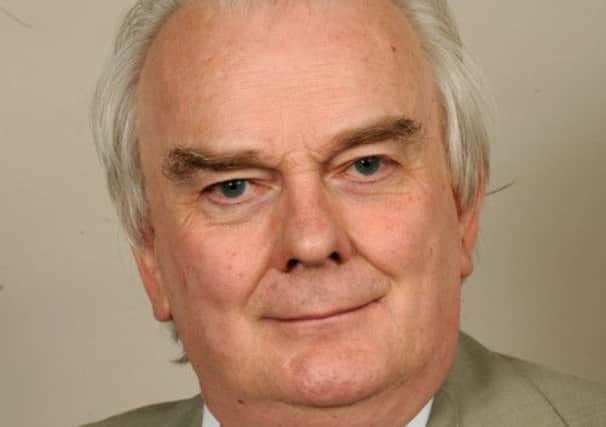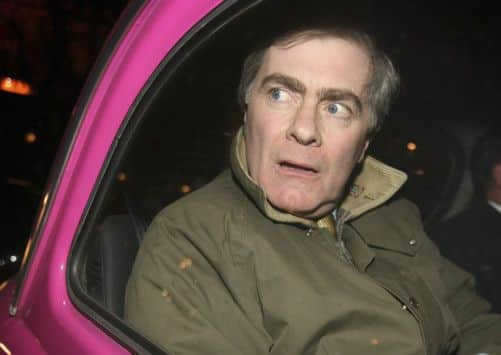David Maddox: Lack of will over sleaze at the top


Top of the list was a bill to deal with lobbyists in what Cameron described as “the next big scandal” and a new law to allow constituents to recall their MPs – a process which could lead to their being voted out of the Commons – after wrongdoing.
Yet these promises, like so many, were made in opposition. Once politicians actually have the power to do things then the story changes. So this week, as MPs return from another holiday, more than three years into the coalition government both the Tory Prime Minister and Lib Dem Deputy Prime Minister will be facing awkward questions over why these two promises were not fulfilled.
Advertisement
Hide AdAdvertisement
Hide AdThe issue revolves around the behaviour of two coalition MPs – Patrick Mercer, the former army officer and Newark MP forced to resign the Tory whip last week over allegations connected to lobbying, and Lib Dem Portsmouth South MP Mike Hancock facing losing the party whip over allegations of sexual assault.


Neither have yet had the allegations proven against them, but both cases are serious enough for them to be persona non grata. But even if they are found guilty in court or by the parliamentary standards authority then it is still unlikely that they can be forced out as an MP, unless they either choose to resign or are given a prison sentence of longer than a year.
Yet this is precisely the sort of situation which the never-to-be-seen recall-of-MPs bill, at the heart of Cameron’s political reform proposals in the Tory manifesto, was supposed to deal with.
There seems little reason why the promised bills on both recall of MPs or lobbying did not appear last month in one of the shortest Queen’s Speeches in recent memory – lasting a mere seven minutes and highlighting how little the government is preparing to do.
According to chatter in Westminster, the reason for the recall bill being blocked was Tory backbench MPs threatening to rebel. They saw it as a means by the leadership to get rid of MPs they don’t like. It is fair to say after a string of rebellions that there are a fair few Tory MPs Mr Cameron would like to see the back of.
It is suggested that the lobbyist register was put on the shelf because the Prime Minister’s adviser Lynton Crosby told him he needed to concentrate on core policies.
Mr Clegg has at least seen the danger of the failure to act and yesterday took the initiative by promising that both the lobbying and sacking of MPs bills will be brought in. However, as the junior partner in the coalition whether his words translate into action depends on whether Mr Cameron has the strength and authority to keep his promises as well.